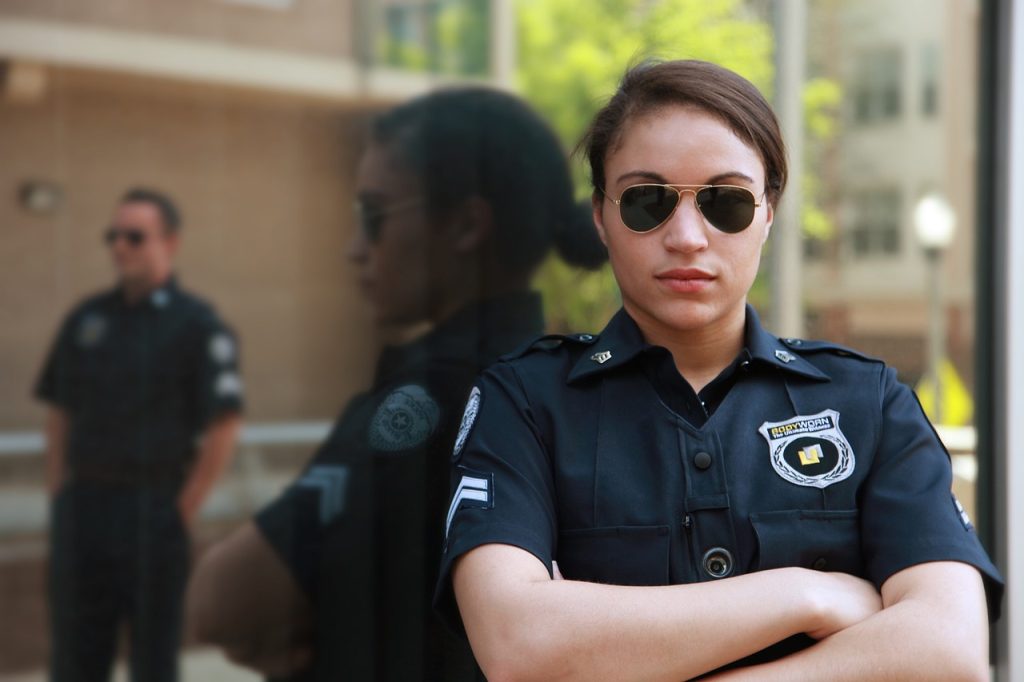Are police officers in demand in Canada
In this article, we would provide an answer to the question ‘are police officers in demand in Canada. Before then, it is important to know who a police officer is and what he or she does.
Who is a police officer?
A police officer is a law enforcement professional who is responsible for maintaining public order and safety, enforcing laws, preventing and investigating crimes, and ensuring the well-being of the community they serve. Police officers typically work for local, state, or federal agencies and have the authority to arrest individuals who violate the law. They play a crucial role in upholding and enforcing the legal framework of a society.
Responsibilities of a police officer
The responsibilities of a police officer typically include:
1. Law Enforcement:
Enforcing local, state, and federal laws by patrolling designated areas, responding to emergencies, and conducting investigations.
2. Crime Prevention:
Proactively working to prevent crimes through community engagement, public awareness, and surveillance.
3. Patrol Duty:
Regularly patrolling assigned areas to maintain a visible police presence and respond quickly to incidents.
4. Emergency Response:
Responding to emergency calls, accidents, and incidents to provide assistance and maintain public safety.
5. Investigations:
Conducting investigations into criminal activities, gathering evidence, interviewing witnesses, and making arrests when necessary.
6. Traffic Control:
Enforcing traffic laws, issuing citations, and managing traffic flow to prevent accidents.
7. Community Engagement:
Building positive relationships with the community through outreach, attending community meetings, and addressing concerns.
8. Conflict Resolution:
Mediating disputes, diffusing tense situations, and providing assistance during crises.
9. Public Safety:
Assisting with disaster response, crowd control, and providing security at public events.
10. Administrative Duties:
Completing paperwork, maintaining records, and testifying in court as required for legal proceedings.
11. Training:
Continuously updating skills, attending training sessions, and staying informed about changes in laws and procedures.
12. Ethical Conduct:
Upholding high ethical standards, including fairness, impartiality, and respecting citizens’ rights.
These duties may vary slightly depending on the specific department, location, and the officer’s rank or specialization within the police force.
Job Titles of a Police Officer
Police officers can hold various job titles within a police department or law enforcement agency, depending on their rank, specialization, and responsibilities. Some common job titles for police officers include:
1. Patrol Officer:
Responsible for general law enforcement duties, such as patrolling neighborhoods, responding to calls, and maintaining public safety.
2. Detective:
Investigates crimes, gathers evidence, and works to solve complex cases.
3. Sergeant:
A supervisory role overseeing a team of officers, often responsible for shift management and training.
4. Lieutenant:
Higher-ranking supervisor, responsible for managing multiple units or divisions within a department.
5. Captain:
Typically in charge of a specific division or bureau within a department, such as investigations, traffic, or community outreach.
6. Chief of Police:
The highest-ranking officer in a police department, responsible for overall leadership, policy development, and administration.
7. K-9 Officer:
Handles and trains police dogs for various tasks, including search and rescue, drug detection, and apprehension.
8. SWAT Officer:
Part of a Special Weapons and Tactics (SWAT) team trained for high-risk situations, such as hostage rescues and armed standoffs.
9. Traffic Officer:
Specializes in enforcing traffic laws, investigating accidents, and promoting road safety.
10. Narcotics Officer:
Focuses on investigating and combating drug-related crimes and trafficking.
11. Community Policing Officer:
Engages with the community, builds relationships, and addresses local concerns to improve public trust.
12. School Resource Officer:
Assigned to schools to ensure the safety of students and staff, and often involved in educational programs.
13. Cybercrime Investigator:
Specializes in investigating and preventing cybercrimes, including hacking and online fraud.
14. Crime Scene Investigator:
Collects and processes physical evidence at crime scenes to aid in investigations.
15.Mounted Police Officer:
Patrolling on horseback, often used for crowd control and community engagement.
16. Dive Team Officer:
Specializes in underwater search and rescue operations.
17. Air Support Officer:
Operates police helicopters and assists in surveillance and pursuit of suspects.
These job titles can vary from one police department to another, and officers may have the opportunity to specialize or transfer between roles during their careers.
Are police officers in demand in Canada?
The demand for police officers in Canada can vary by region and over time. Generally, there is a consistent need for law enforcement officers to maintain public safety and enforce the law across the country. Factors that can influence the demand for police officers include population growth, urbanization, retirements within police forces, changes in crime rates, and shifts in government priorities.
In some provinces or municipalities, there may be ongoing recruitment efforts to replace retiring officers or to address increased policing needs due to population growth or changes in crime patterns. However, the specific demand for police officers can differ significantly between different provinces and cities.
Conclusion
We have come to the end of this article on ‘are police officers in demand in Canada?’ Do u have any question or suggestion for us, let’s know in the comment section below.
